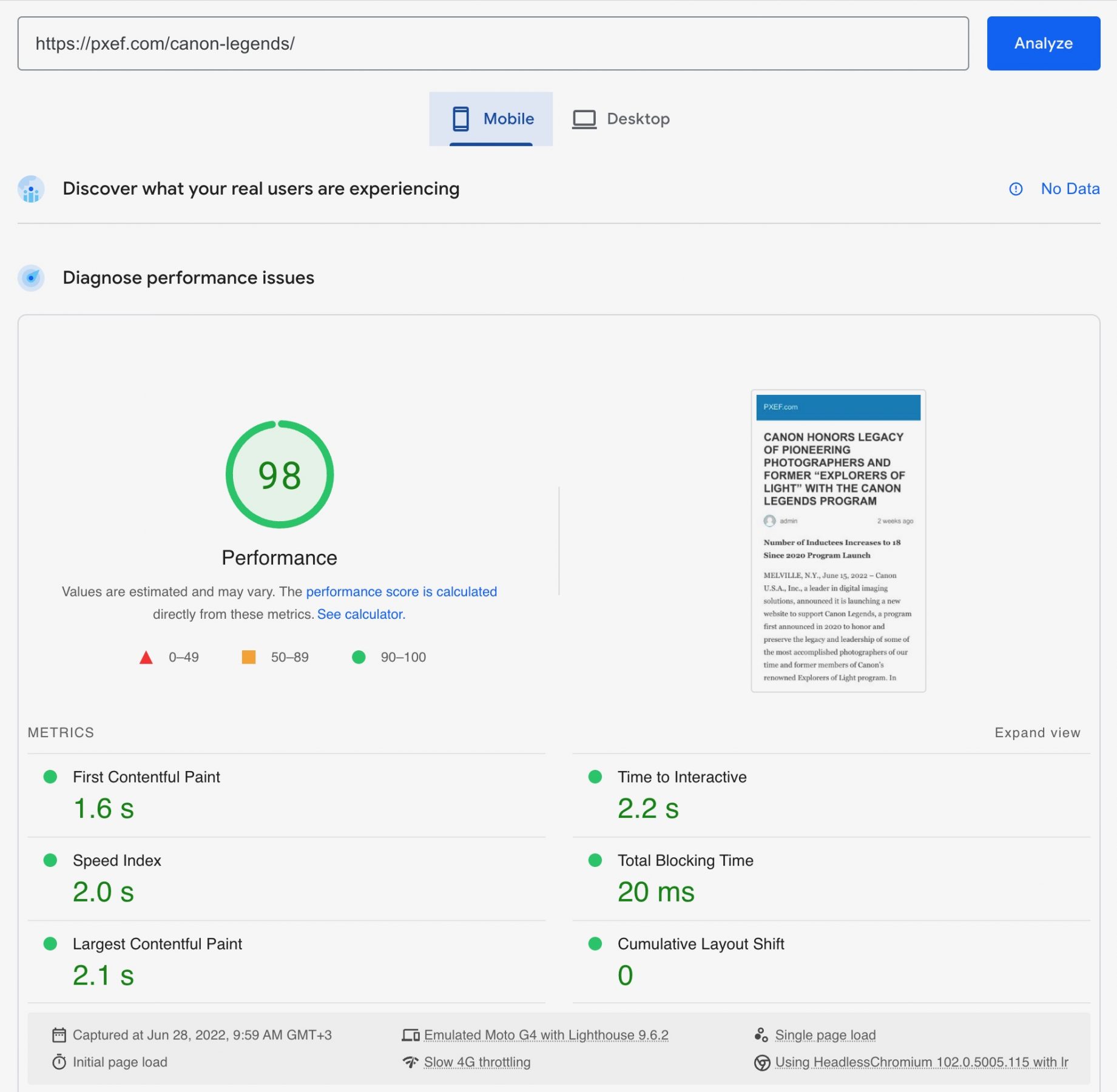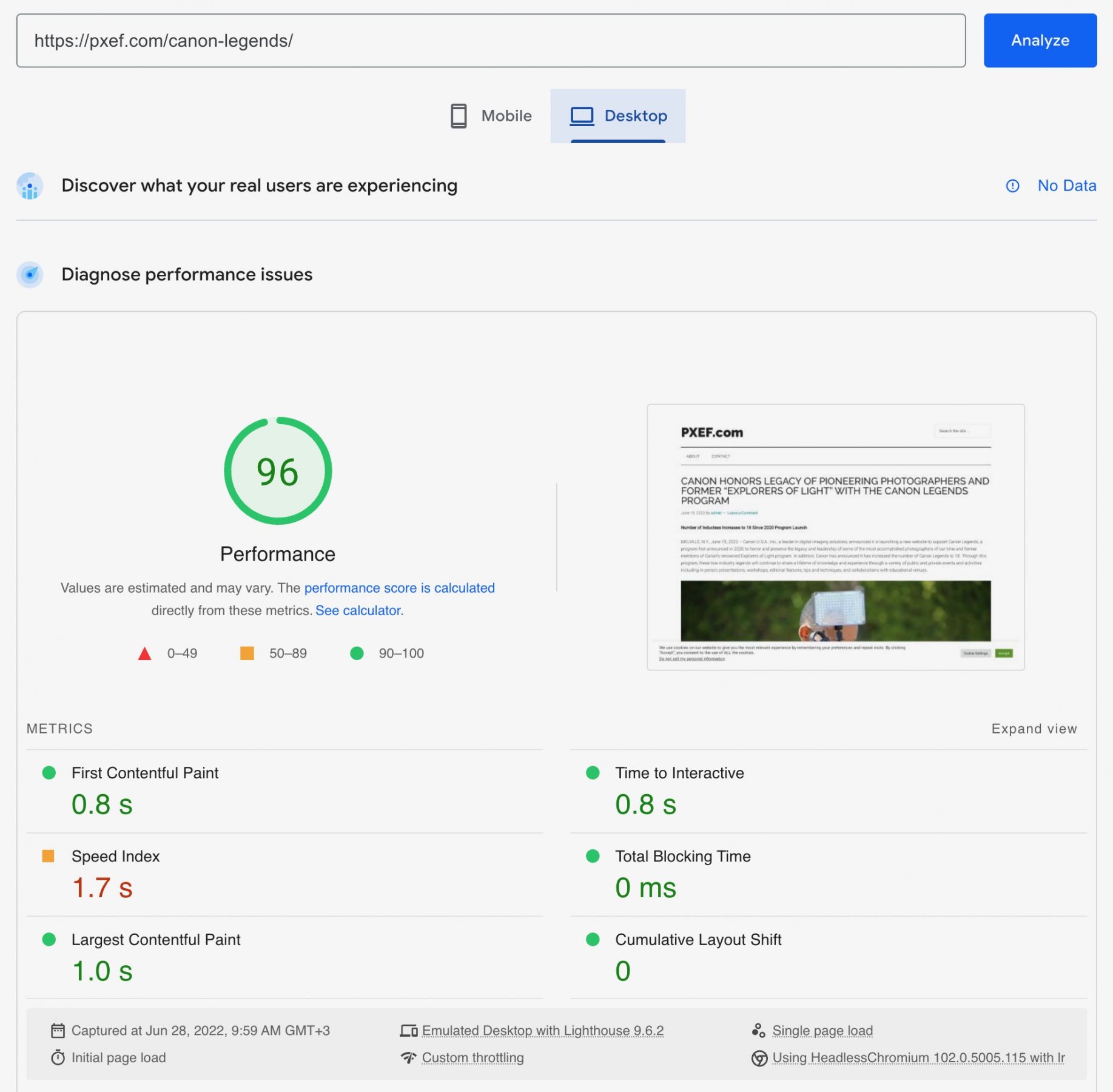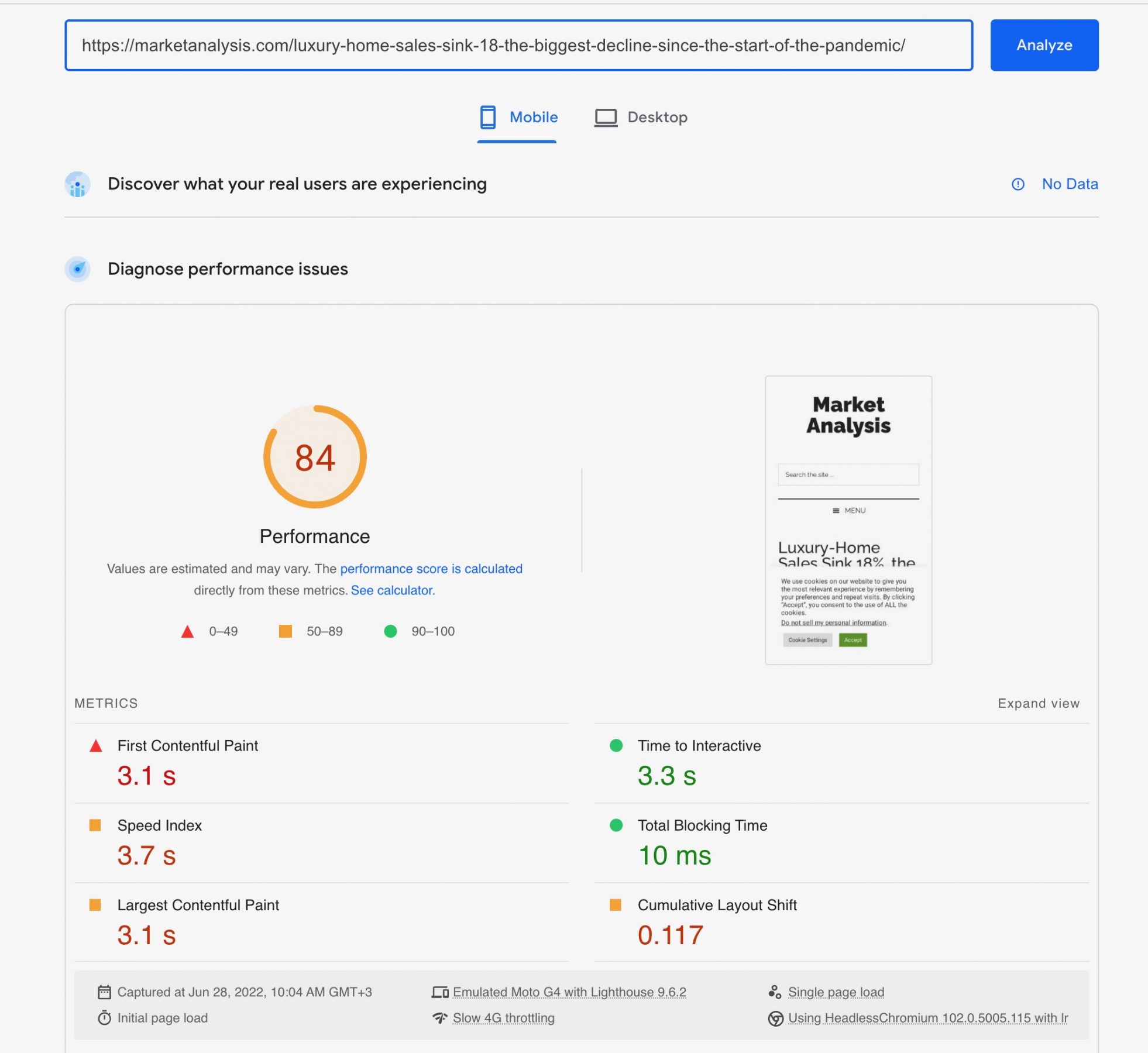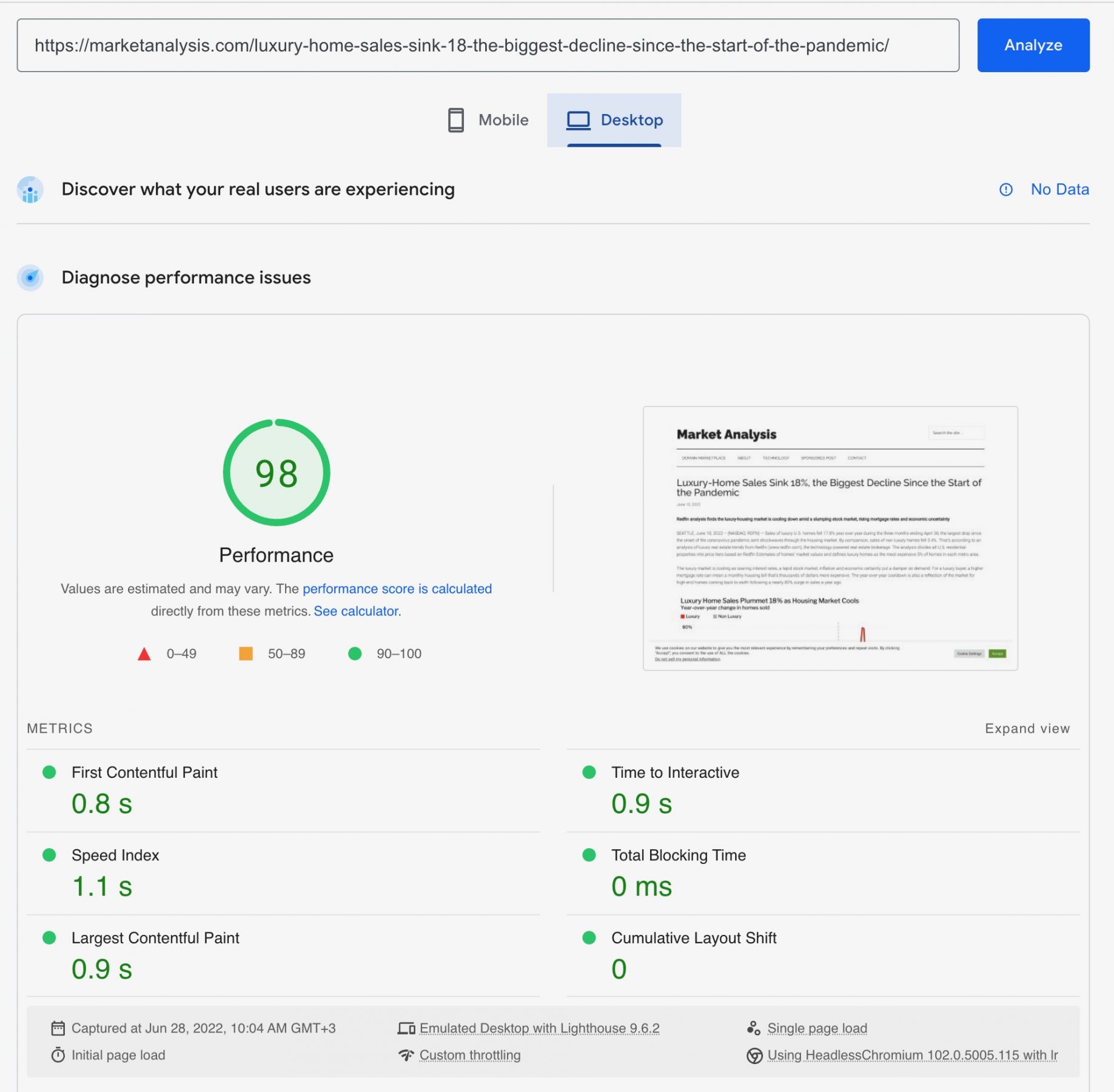WordPress, an ubiquitous publishing platform run on php and MySQL, powers about 42% of all websites. Now we see two opposite trends in WordPress evolution. Automattic, the company behind WordPress, is pushing WordPress development in the direction of Gutenberg, a block based editor. Automattic’s vision of WordPress’s future is a universal fully-configurable powerful publishing system.
Not everyone is happy with Gutenberg. WordPress has become bloated, complex and slow, the pure joy of simple blogging has gone. The web publishing market has changed, bloggers want simple and fast platforms. Flat file CMS and static site generators are all the rage. Jamstack has become the new standard of web architecture. When using static site generators such as Jekyll, Hugo, Gatsby, Zola and others and Git workflows, the pre-rendered content is served to a CDN network, Cloudflare or Netlify, or directly to AWS S3 (Amazon Cloud Storage). What static sites lack in configurability they make up in speed and speed matters, both for user’s sake and search engine ranking.
While the mainline WordPress is busy with Gutenberg, the new plugins and platforms have emerged turning WordPress to static site generator. In a very recent development Elementor, a popular WordPress-based website builder plugin has acquired Strattic, a static and headless WordPress hosting company.
The time has come to consider evolution of WordPress in the light and fast direction. What are possibilities in this direction?
– Jamstack version of WordPress static site generator
– Either php or Jamstack version of WordPress powered by SQLite.
SQLite is a database engine written in the C language, essentially it’s a single file database that does not require a database server, with a very small footprint making SQLite a perfect choice for embedded systems.
We had experimented a bit to setup and run SQLite-powered WordPress. There is an old plugin SQLite Integration developed by Kojima Toshiyasu. The plugin still works with the latest version of WordPress 6.0. There is also a modification of the same plugin maintained at Github by user “aaemnnosttv” which also works out of the box.
Why to use SQLite instead of MySQL for WordPress?
1. Simplicity of setup, backup and site duplication. All your WordPress files including a single file database are in one folder now. You can copy, FTP or duplicate the entire site without the messy MySQL export/import procedures.
2. Low-cost hosting. You don’t need MySQL-enabled hosting anymore.
3. Higher reliability, low downtime. MySQL is usually located on the separate database server. No more.
4. SQLite is faster than MySQL, probably due lower latency of querying database.
For me personally the site duplication is a game changer. All site settings are stored in database. Setting up a new WordPress site up to a certain standard may take hours. With SQLite it’s just a copy/paste operation plus a few minutes of editing database file.
To conclude: The time is ripe for light stripped-down version of WordPress whether flat file or SQLite-powered.
The following screenshots demonstrate the results of Page Speed tests SQLite vs MySQL:



